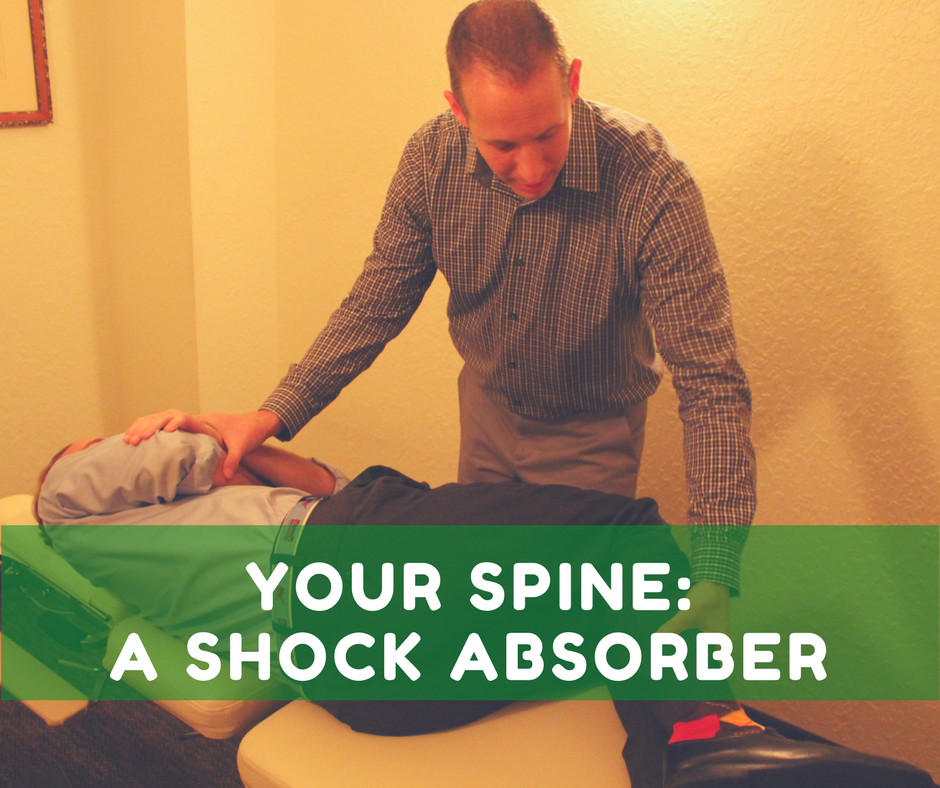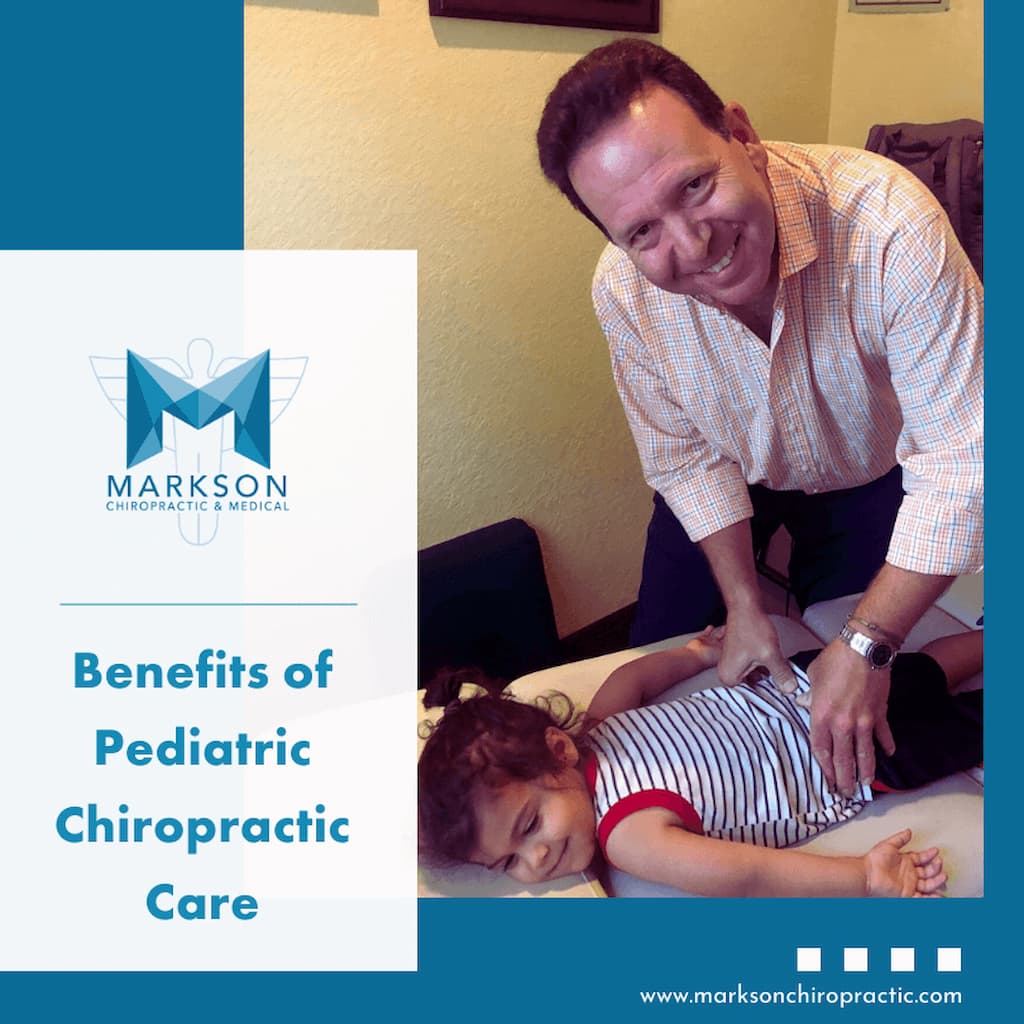Your Spine: A Shock Absorber

Your discs, aka the "shock absorbers" of your body and spine, work with the natural curves of your spine to reduce stress and pressure as you move. They are similar to the shock absorbers on a car and, if worked too hard, can become damaged. The can bulge, herniate, tear, degenerate, but they don't "slip" (commonly used incorrectly). If you're experiencing low back pain, it may be a result of a herniated disc or other disc issues. These discs separate each vertebra and form the needed spacing for your nerves to exit the spinal cord so that they can help keep your organs is body tissue healthy. The "annulus", or rings of fibrous tissue, are filled with a soft jelly center. You need these to be healthy and aligned to keep your body on track.
Think about these two common disc problems.
The Bulging Disc
In an area around the annulus is out of place or weakened it allows the soft center to be squeezed out and bulge like a bubble. This, in turn, can place pressure on the surrounding nerves. Chiropractic care is great for these bulging discs. They respond well to realignment. In some cases, when surgery was suggested, chiropractic care helped patients avoid going under the knife.
Herniated Disc
A ruptured or herniated disc can lead to more serious issues. While a herniated disc can happen anywhere in the spine, the most common place is in the lower back. A ruptured or herniated disc occurs when the soft center of the annulus is pushed through a weakened area from a trauma or degeneration. This pressures the spinal cord causing extreme pain and discomfort.
Pairing Chiropractic care with some simple exercises (waling, drinking more water, better nutrition) can offer a non-surgical alternative for many disc issues and help you back to a healthier lifestyle.
‹ Back








